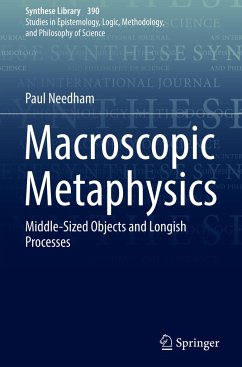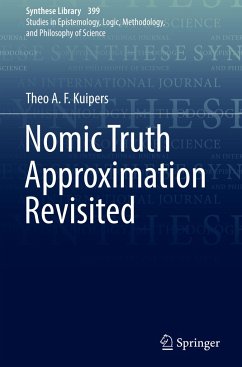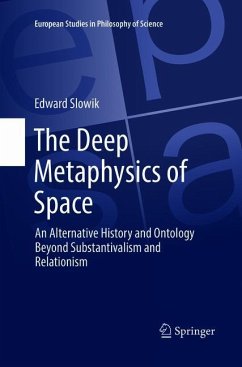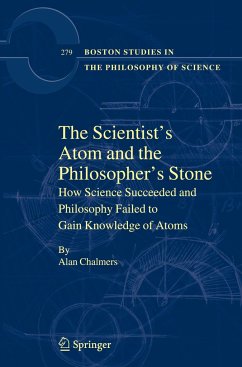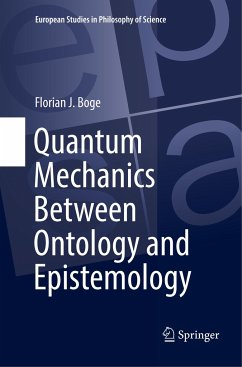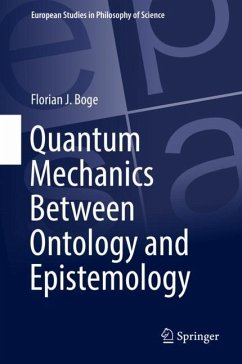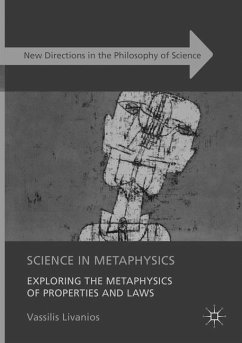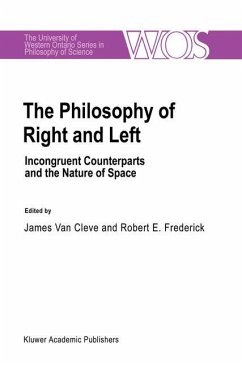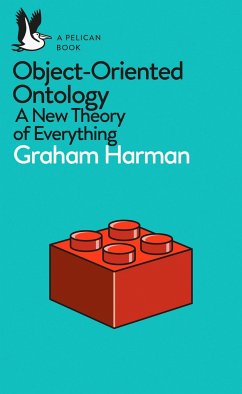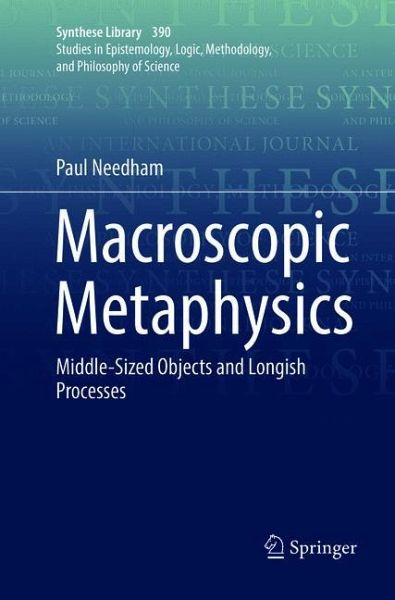
Macroscopic Metaphysics
Middle-Sized Objects and Longish Processes
Versandkostenfrei!
Versandfertig in 6-10 Tagen
68,99 €
inkl. MwSt.
Weitere Ausgaben:

PAYBACK Punkte
34 °P sammeln!
This book is about our ordinary concept of matter in the form of enduring continuants and the processes in which they are involved in the macroscopic realm. It emphasises what science rather than philosophical intuition tells us about the world, and chemistry rather than the physics that is more usually encountered in philosophical discussions. The central chapters dealing with the nature of matter pursue key steps in the historical development of scientific conceptions of chemical substance.Like many contemporary discussions of material objects, it relies heavily on mereology. The classical p...
This book is about our ordinary concept of matter in the form of enduring continuants and the processes in which they are involved in the macroscopic realm. It emphasises what science rather than philosophical intuition tells us about the world, and chemistry rather than the physics that is more usually encountered in philosophical discussions. The central chapters dealing with the nature of matter pursue key steps in the historical development of scientific conceptions of chemical substance.
Like many contemporary discussions of material objects, it relies heavily on mereology. The classical principles are applied to the mereological structure of regions of space, intervals of time, processes and quantities of matter. Quantities of matter, which don't gain or lose parts over time, are distinguished from individuals, which are typically constituted of different quantities of matter at different times. The proper treatment of the temporal aspect of the features of material objects is a central issue in this book, which is addressed by investigating the conditions governing the application of predicates relating time and other entities. Of particular interest here are relations between quantities of matter and times expressing substance kind, phase and mixture. Modal aspects of these features are taken up in the final chapter.
Like many contemporary discussions of material objects, it relies heavily on mereology. The classical principles are applied to the mereological structure of regions of space, intervals of time, processes and quantities of matter. Quantities of matter, which don't gain or lose parts over time, are distinguished from individuals, which are typically constituted of different quantities of matter at different times. The proper treatment of the temporal aspect of the features of material objects is a central issue in this book, which is addressed by investigating the conditions governing the application of predicates relating time and other entities. Of particular interest here are relations between quantities of matter and times expressing substance kind, phase and mixture. Modal aspects of these features are taken up in the final chapter.



